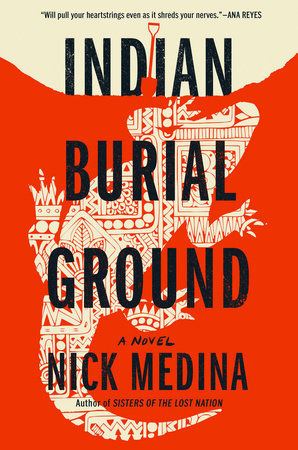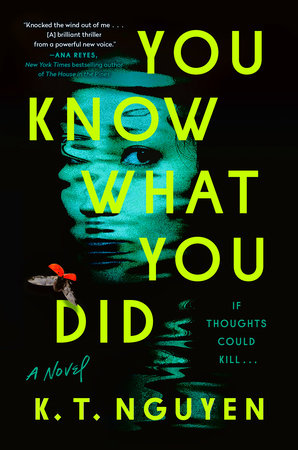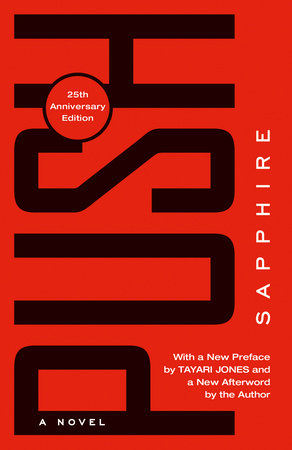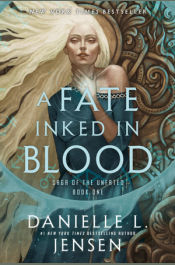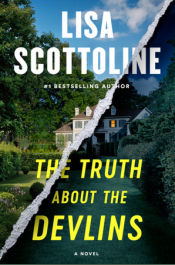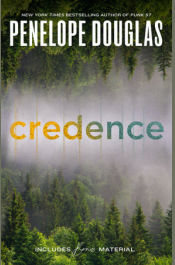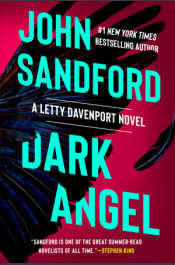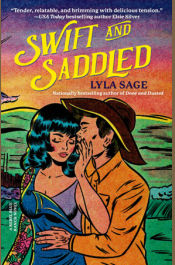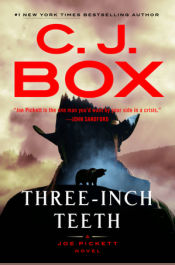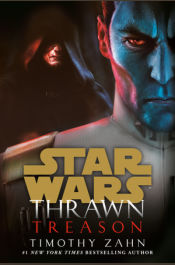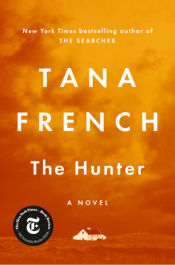Indulge in a world of fantasy and romance with these books that offer the perfect combination of both.
Learn More
Indulge in a world of fantasy and romance with these books that offer the perfect combination of both.
Learn More
Recommended Right Now
Books To Read if You Love “The Talented Mr. Ripley”
If you’re a fan of Patricia Highsmith’s simmering psychological suspense, we have a few recent favorites that definitely deserve a spot in your TBR pile.
See the list
Books To Read if You Love “The Talented Mr. Ripley”
If you’re a fan of Patricia Highsmith’s simmering psychological suspense, we have a few recent favorites that definitely deserve a spot in your TBR pile.
See the list



















